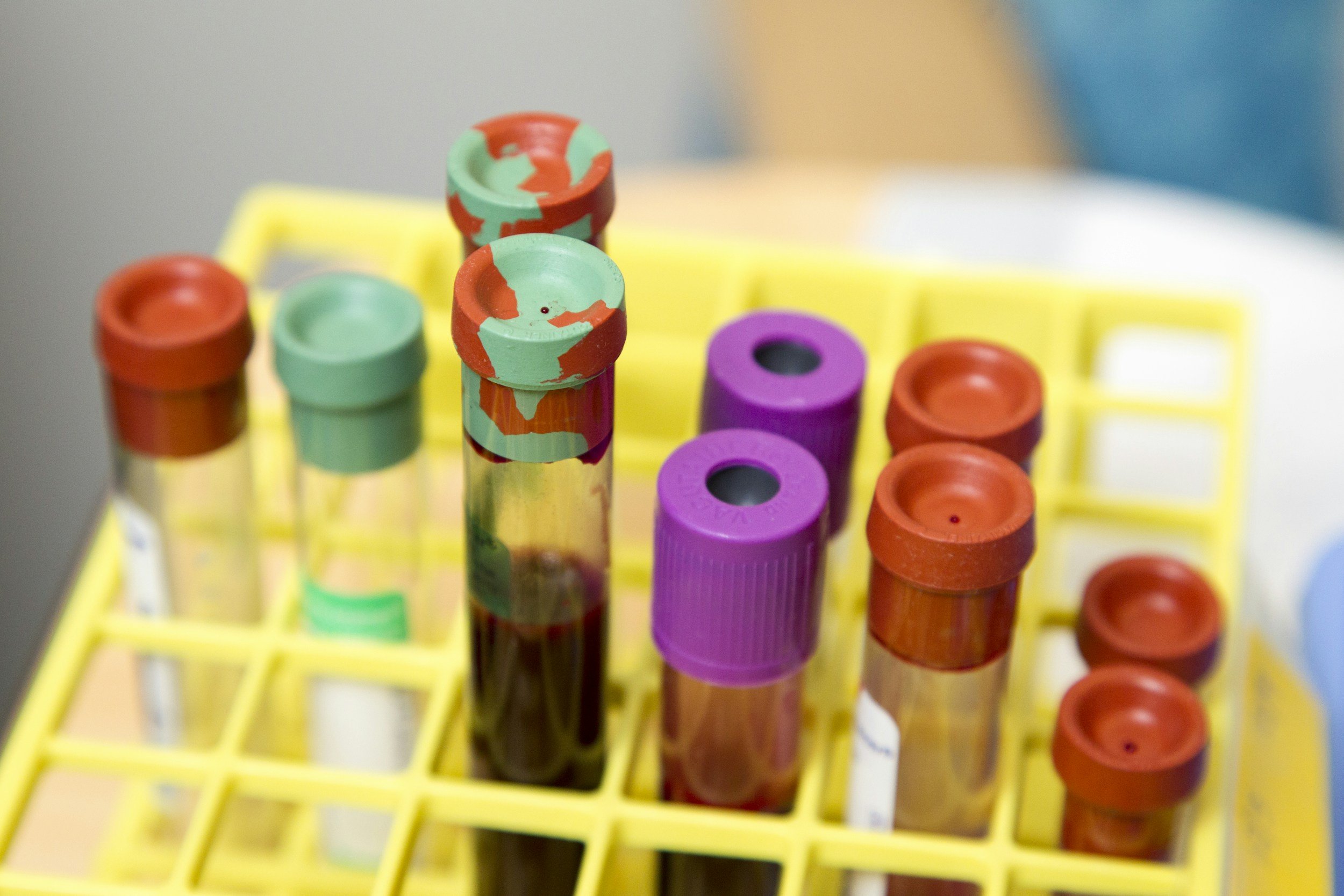
Testing
Testing serves as a foundational tool in preventative and integrative healthcare, offering a roadmap for optimizing overall well-being.
-
A series of laboratory tests performed on a blood sample to assess overall health, diagnose potential issues, and monitor various body systems. It typically includes a wide range of tests that provide detailed information about blood cells, organ function, nutrient levels, and other biomarkers.
-
A diagnostic stool test designed to provide a comprehensive analysis of the gastrointestinal (GI) microbiome, including the health and functionality of the digestive system. It uses advanced DNA sequencing technology (PCR, or polymerase chain reaction) to identify microorganisms in the gut and evaluate markers of digestive health.
-
Dried Urine Test for Comprehensive Hormones is an advanced hormone testing method that provides a comprehensive analysis of hormone levels and their metabolites. It is widely used to assess hormonal imbalances and gain insight into how the body processes hormones over a 24-hour period.description
-
Used to diagnose Lyme disease, a bacterial infection caused by Borrelia burgdorferi (and sometimes other Borrelia species) transmitted through tick bites. Since Lyme disease can mimic many other conditions, accurate testing is essential for diagnosis.
-
Identifies the presence and concentration of toxic metals in the body, such as mercury, lead, arsenic, and aluminum. It’s used to detect metal exposure, assess toxicity, and monitor treatments for detoxification. These metals can accumulate in tissues over time and lead to various health problems if left unchecked.
-
Evaluates exposure to harmful chemicals, pollutants, and toxins from the environment. These tests help identify the presence of substances that may disrupt health and provide insight into the body's ability to process and eliminate toxins.
Environmental toxins can contribute to:
Fatigue, brain fog, and headaches.
Hormonal imbalances, including thyroid or reproductive issues.
Skin problems like rashes or eczema.
Digestive issues or nutrient absorption problems.
Chronic diseases or unexplained health symptoms.
-
Evaluates whether your immune system reacts abnormally to certain foods, potentially causing allergies or sensitivities. It helps identify foods that may trigger symptoms like rashes, swelling, digestive issues, or even severe anaphylaxis.
-
Uses galvanic skin response (GSR) technology to evaluate your body’s response to various digital stimuli. I. Based on the scan results, the software suggests supplements, dietary changes, or lifestyle interventions to restore balance.
Learn More: https://youtu.be/1tNIyoA8rJs?si=BxzoSRbcfvsGFHWN
-
Testing provide insight into your physical and biochemical health, helping to identify illnesses, monitor disease progression, or assess your risk for future health problems.
Purpose of Testing
Early Detection: Identify diseases before symptoms appear.
Diagnosis: Confirm or rule out specific conditions causing symptoms.
Monitoring: Track chronic conditions or the effectiveness of treatments.
Prevention: Assess genetic or lifestyle risks to guide proactive health choices.
ZYTO Scanning
Uses galvanic skin response (GSR) technology to evaluate your body’s response to various digital stimuli. Based on the scan results, the software suggests supplements, dietary changes, or lifestyle interventions to restore balance.